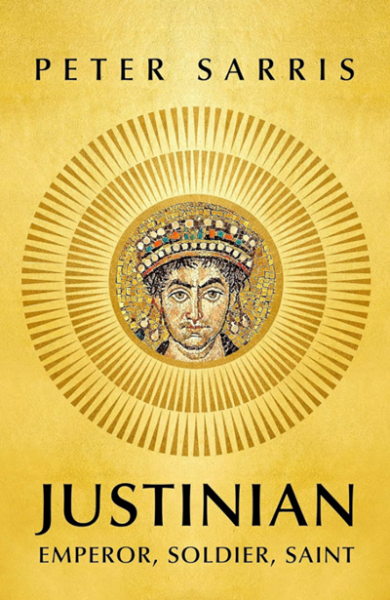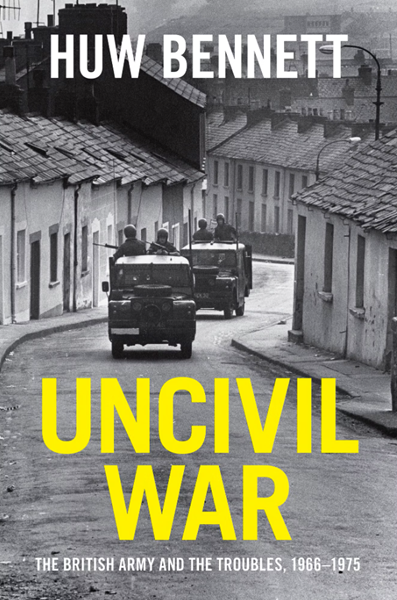In The Critic, George Woudhuysen reviews Justinian: Emperor, Soldier, Saint, by Peter Sarris:
The emperor Justinian did not sleep. So concerned was he for the welfare of his empire, so unremitting was the tide of business, so deep was his need for control that there simply was not time for rest. All this he explained to his subjects in the laws that poured forth constantly from his government — as many as five in a single day; long, complex and involved texts in which the emperor took a close personal interest.
The pace of work for those who served Justinian must have been punishing, and it is perhaps unsurprising that he found few admirers amongst his civil servants. They traded dark hints about the hidden wellsprings of the emperor’s energy. One who had been with him late at night swore that as the emperor paced up and down, his head had seemed to vanish from his body. Another was convinced that Justinian’s face had become a mass of shapeless flesh, devoid of features. That was no human emperor in the palace on the banks of the Bosphorus, but a demon in purple and gold.
There is something uncanny about the story of Justinian, ruler of the eastern Roman Empire from 527 to 565. Born into rural poverty in the Balkans in the late 5th century, he came to prominence through the influence of his uncle Justin. A country boy made good as a guards officer, he became emperor almost by accident in 518. Justinian soon became the mainstay of the new regime and, when Justin died in 527, he was his obvious and preordained successor. The new emperor immediately showed his characteristically frenetic pace of activity, working in consort with his wife Theodora, a former actress of controversial reputation but real ability.
A flurry of diplomatic and military action put the empire’s neighbours on notice, whilst at home there was a barrage of reforming legislation. More ambitious than this, the emperor set out to codify not only the vast mass of Roman law, but also the hitherto utterly untamed opinions of Roman jurists — endeavours completed in implausibly little time that still undergird the legal systems of much of the world.
All the while, Justinian worked ceaselessly to bring unity to a Church fissured by deep theological divisions. After getting the best of Persia — Rome’s great rival — in a limited war on the eastern frontier, Justinian shrewdly signed an “endless peace” with the Sasanian emperor Khusro II in 532. The price — gold, in quantity — was steep, but worthwhile because it freed up resources and attention for more profitable ventures elsewhere.
In that same year, what was either a bout of serious urban disorder that became an attempted coup, or an attempted coup that led to rioting, came within an ace of overthrowing Justinian and levelled much of Constantinople. Other emperors might have been somewhat put off their stride, but not Justinian. The reform programme was intensified, with a severe crackdown on corruption and a wholesale attempt to rewire the machinery of government.
Constantinople was rebuilt on a grander scale, the church of Hagia Sophia being the most spectacular addition, a building that seems still to almost defy the laws of physics. At the same time, Justinian dispatched armies to recover regions lost to barbarian rulers as the western Roman Empire collapsed in the course of the 5th century. In brilliant and daring campaigns, the great general Belisarius conquered first the Vandal kingdom in North Africa (533–34) and then the much more formidable Ostrogothic realm in Italy (535–40), with armies that must have seemed almost insultingly small to the defeated.
If Justinian had had the good fortune to die in 540, he would have been remembered as the greatest of all Rome’s many emperors. Unfortunately for him, he lived. The 540s was a low, depressing decade for the Roman Empire. Khusro broke the endless peace, and a Persian army sacked the city of Antioch. The swift victories in the west collapsed into difficult wars of pacification, which at points the Romans seemed destined to lose.






